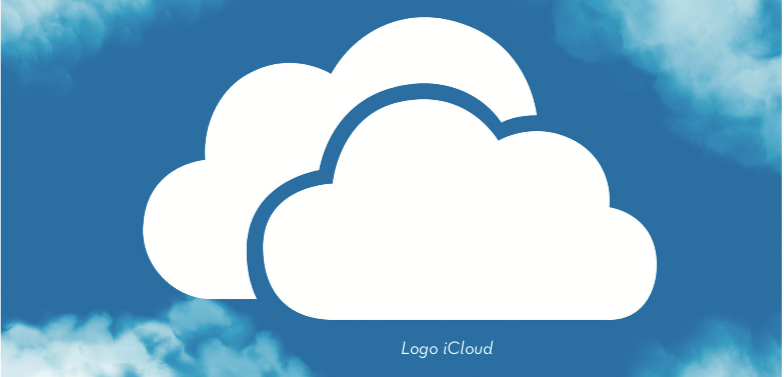Dropbox, Amazon Cloud Drive, iCloud, Mega or Degoo are some of the keywords that, used in a search engine, will open up a world of "storage clouds." Just like the disk of your computer or the memory of your mobile phone or tablet are spaces in which to store pictures, music, texts or messages but do not occupy any space at home, they are in a cloud, in the Internet's sky. They are remote servers around the world which we can use for free or at a very low cost, lower than what we would need to pay for new memory to store our data. There is really nothing new. Our email works exactly the same way: Gmail, Outlook, Yahoo Mail provide their users with their own computers to store email messages, as well as pictures, music files attached to messages, and users have access to them when and if they wish.

Today, next to cloud storage is cloud computing: the idea is to have access to computer memory as well as applications and even real virtual computers that can be used by the network. Microsoft Office 365 is perhaps the most famous example but now the cloud is defining the paradigms of outsourcing where the entire information system of companies, including people, is rented for the management of salaries, invoices, training and human resource services. I could keep on describing the place the cloud occupies in our daily life, professional or otherwise, but I think a lot has already been written on the subject and is available on the web using the keywords suggested in this article. Instead, it seems more interesting to focus on the financial model. Is the cloud really convenient? Yes, and the companies that offer it really work below cost. The financial model on which it is based was born in Italy at the end of the last century and dates back to an idea of automobile companies that put at the disposal of their customers at bargain prices cars at kilometre 0. The profits of the companies diminished but sales increased considerably giving the impression of solid sectors, booming with the consequent increase of the companies' actions. A point earned on the stock exchange produced for the shareholders unattainable gains by selling the individual cars one by one. Twitter, Facebook and in general the world of social networks have done the same thing and the rented cloud is precisely the last declination of this model. The last one for today though. For example, the growing use of blockchains is increasing the potential of the cloud with artificial and collective intelligence, but we will discuss this in the next issue of Vedere Oltre.

.png)



.png)